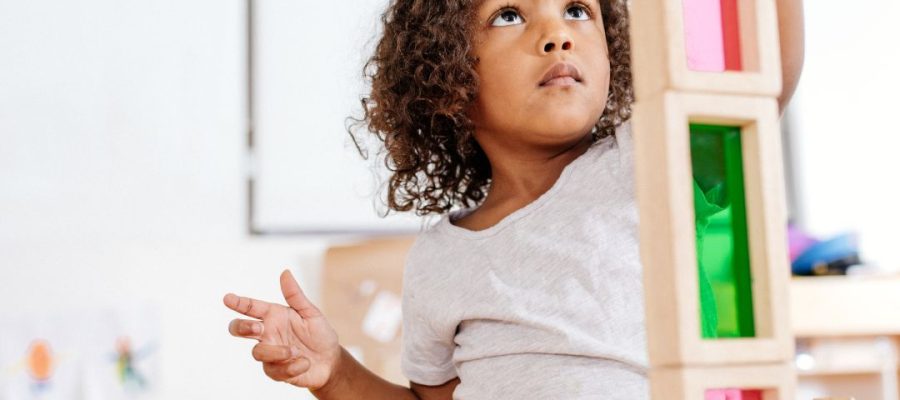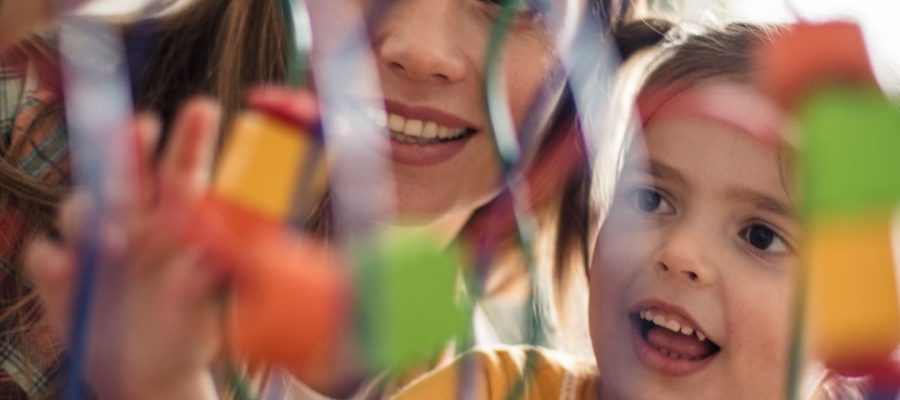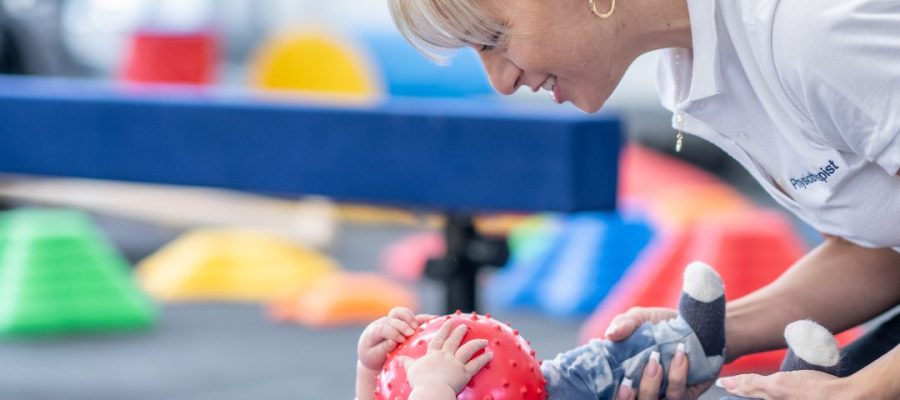One of the most commonly requested questions is how parents in Chilliwack, British Columbia, may impact their children’s learning outside of daycare or childcare. It’s incredible to consider that the baby you look after and whose welfare you secure will eventually play a significant role in the world we all share. This idea should break your heart, but it should also be a driving force behind your desire and determination to teach infants with the best education possible—in which only you can actively participate.
There are many options to teach infants at home, even though daycare and childcare providers are often trusted for their extensive experience in early childhood education, mainly when teaching newborns. This article aims to provide you with some crucial methods you can employ to shape and broaden your child’s thinking, ultimately resulting in success as they progress through life.
Develop Your Baby’s Vision
Your baby’s ability to communicate visually is among their early milestones. Thus it’s crucial to encourage your child’s visual development. Making eye contact is among the best things you can do. Playing games with your child, making silly faces in the mirror, letting them reflect on what they see, sticking out your tongue, and making funny noises are further suggestions. This affects your child’s vision and concentration in addition to being a pleasant way to engage with them
Speak to your infant.
Speak to your child. This is sometimes one of the most disregarded factors regarding how babies learn. Perform songs, tell stories about your activities, tickle toes, and crack jokes. In conclusion, have fun! Even though you might not receive a response, your baby is observing everything you do and picking it up. Use these little windows of opportunity; they will significantly impact down the road.
Pay Close Attention
Make time to spend quality time with your baby as well. Please give your infant your complete attention, whether you’re nursing or changing their diaper. It conveys to your child that they are the most significant aspect of your life, that you go above and above to involve them, and that you take joy in improving their surroundings
Discover new things as a group.
Play and explore with your infant all the time. Even if your child is too young to play in the park, activities as straightforward as taking a stroll through your neighborhood and pointing out the leaves or pointing to the sky and explaining that it is blue with white clouds can significantly affect how your child learns. Even if your infant may not comprehend, you are paving the way for a better education for your child in the future.
Become Your Child’s Teacher
Teaching itself is the final factor to consider. Explore the many shapes, letters, and numbers. Based on these basic building blocks, your child will be better equipped for their learning experience even if they can’t talk. Allowing your child to experience the textures of tissues, a chilly spoon, a silk scarf, a dog’s fur, or anything else will help them learn how different textures differ. Showing your child that the book is a square, the bowl is a circle, and your phone is a rectangle is a fun way to teach infants about shapes. S.T.O.P. is written in letters on that stop sign.
Remember to Have Fun!
In summary, you are under observation. Closely. Your child is observing everything you do and making notes. It’s how they pick up knowledge, develop understanding, and ultimately feel secure in the environment around them—both within and outside the house. The best advice I can give you is to enjoy yourself! The formative years of a child’s development are fleeting, so make the most of it by influencing their learning in the best, most positive way possible.
For more information visit our website


